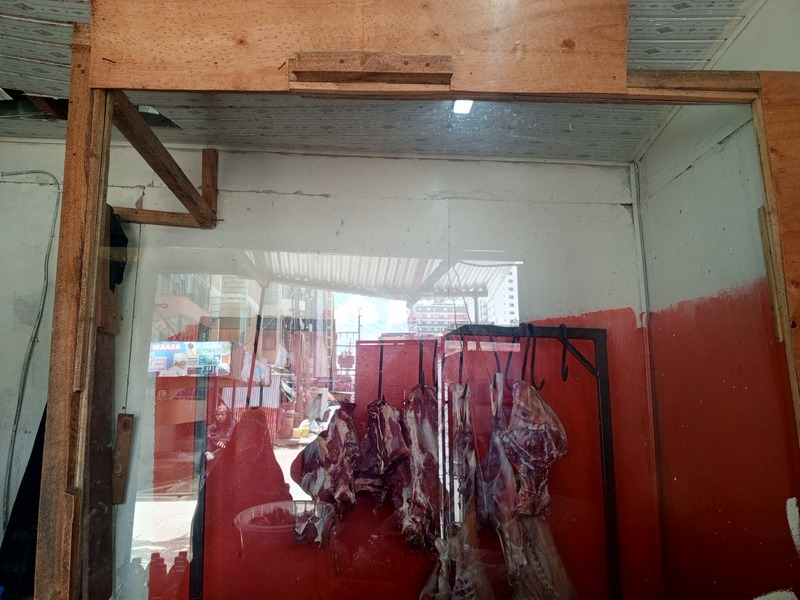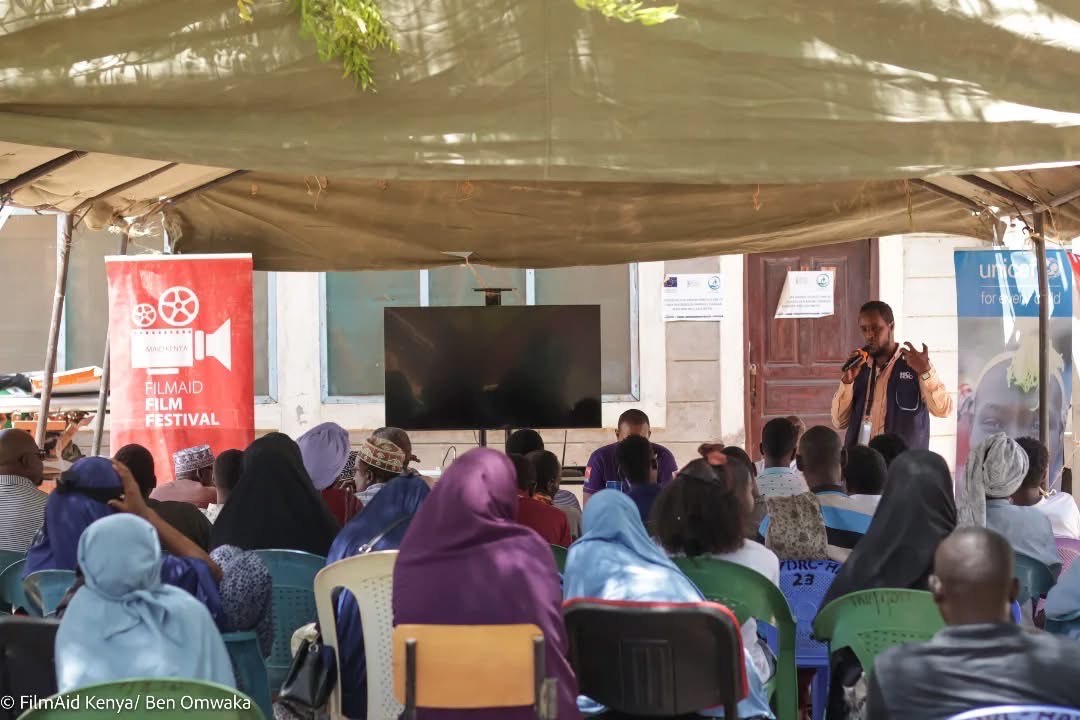Eastleigh's meat market where beef takes a backseat to camel, chicken

In Eastleigh, camel meat is priced at Sh700 per kilogram, while goat meat goes for Sh800 per kilogram. Although other proteins, including chicken, are available, beef remains unpopular, leading to its limited availability in major butcher shops.
After a long day, I love indulging in a steaming hot samosa, especially in the evening. I consider myself an adventurous eater, always eager to explore diverse cuisines. However, my samosa quest was abruptly halted when I couldn't find beef samosas in Eastleigh.
I recall wandering among various vendors, inquiring about beef samosas, only to be met with disappointment. The options presented to me were either camel or chicken samosas. Reluctantly, I settled for chicken samosas, as the idea of trying camel meat was entirely new to me.
More To Read
- Nine fridge habits that could be ruining your food
- Kamukunji marks Mashujaa Day with tributes to Raila amid calls for unity
- How blocked drainage systems, open sewers threaten lives, businesses in Eastleigh
- No more last-minute rush: Why meal prepping is gaining popularity in Kenya
- MP Yusuf Hassan donates food, blankets to victims of three Kamukunji fire incidents
- How to make yummy beef biryani at home
Similar to many Kenyans, the concept of meat is sensitive, especially considering instances where some individuals have unwittingly consumed donkey meat or dog meat. Consequently, a significant portion of Nairobi residents are skeptical about expanding their meat choices, often sticking to familiar options such as beef or goat meat.
In numerous restaurants and food joints, the mention of beef elicits excitement among patrons, while vegetable-based dishes often receive less enthusiasm. However, in Eastleigh, beef is not as popular and is considered somewhat of a rarity. Locating restaurants that serve beef is a challenging task, as many residents prefer alternative protein sources.
Abdi Khalifa, a resident of Eastleigh, says he doesn't particularly enjoy beef. "I find it tough and unappealing. Instead, I prefer the sweetness of camel and goat meat," he says.
He emphasizes the popularity of camel meat within their culture, highlighting its incorporation into various meals, including samosas and breakfast dishes.
In Eastleigh, camel meat is priced at Sh700 per kilogram, while goat meat goes for Sh800 per kilogram. Although other proteins, including chicken, are available, beef remains unpopular, leading to its limited availability in major butcher shops.
Hassan Omar, a butcher in Eastleigh, sheds light on beef consumption trends among their predominantly Somali clientele.
"The majority of our customers prefer camel and goat meat. While they do consume chicken, it doesn't rival the demand for camel meat," he adds.
Omar notes that it's not that they entirely avoid beef, rather, it simply doesn't hold the same appeal as camel and chicken.
The consumption of meat among Kenyans has steadily increased over the years, particularly beef, which remains a staple in many households due to its affordability and widespread availability
Mary Awuor, a trader in Eastleigh, her fondness for beef remains unchanged even with the scarcity.
"I have grown accustomed to beef, goat, or mutton. However, since coming to Eastleigh, I've found it challenging, as beef, my childhood favorite, is scarce. Though I've attempted to diversify my diet with camel meat, my fondness for beef remains unchanged. In Eastleigh, I typically opt for grains, chapati, or goat meat," she said.
According to Cyrus Alex, a waiter at a California Food Court, he observes that while the cuisine offered is diverse, the majority of non-Somali clients prefer Aroosto, which typically consists of goat meat. However, many non-Somali customers are hesitant to try camel meat dishes like Nyir Nyir or Sukhar. Nonetheless, Cyrus notes that some clients are quite adventurous and open to sampling new cuisines.
"While we strive to accommodate all preferences, we also encourage our clients, regardless of their background, to embrace the opportunity to savor the rich flavors and experience our diverse menu offers," said Cyrus.
Elizabeth Njoroge, a food vendor in Eastleigh, says that she has incorporated camel meat into her dishes as it is readily available in the area.
"Many butcheries primarily stock camel or goat meat, which compelled me to adapt and offer what is locally accessible," she says.
According to her, many people visiting Eastleigh are skeptical about trying camel meat, but over time, they embrace and enjoy the cuisine.
According to a 2019 study by the Kenya Markets Trust, an average Kenyan consumes 15kg of meat annually. The United Nations Food and Agriculture Organization's 2022 agriculture outlook forecasts a 14 per cent increase in global meat protein consumption by 2030.
Top Stories Today















































